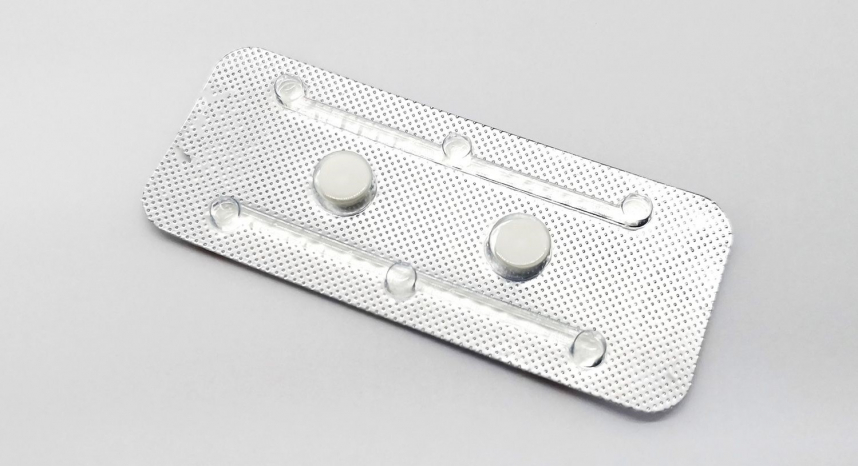
The U.S. Food and Drug Administration on Tuesday finalized a rule allowing mifepristone, one of two drugs used in medication abortions, to be dispensed by retail pharmacies. The rule will make medication abortion, which accounts for more than half of U.S. abortions, more accessible in states where abortion remains legal, but its impact in states that have banned abortion will be limited.
WHAT CHANGES FOR PATIENTS UNDER THE NEW RULE?
Patients will be able to get the drug more quickly.
Previously, mifepristone had to be dispensed by an authorized clinic or through certain specialty mail-order pharmacies — a process that could take days or even weeks if a clinic is busy.
Once pharmacies begin dispensing the drug in states that allow abortion, it "will make it much easier to access the pill," according to Naomi Cahn, a professor at University of Virginia School of Law.
WHAT DOES NOT CHANGE?
All patients still need a prescription to get mifepristone. It will not be available over the counter.
Most significantly, the FDA's new regulation will not help patients get abortion pills in states that have banned abortion, said Amanda Allen of the Lawyering Project, a legal group that defends abortion rights.
Nonetheless, Allen said, the rule could make it easier to travel out of state for a medication abortion. Currently, a patient seeking a medication abortion in another state must both obtain the prescription and the pill in that state. That will become much easier if the pill can be picked up at a retail pharmacy, she said.
As of November, 16 states that permit some abortions had laws restricting mifepristone, including requirements that it be provided by a physician, according to the Kaiser Family Foundation. It is not clear whether pharmacies must comply with these laws; some legal scholars have argued that federal rules should override them, but the issue has not been tested in court.